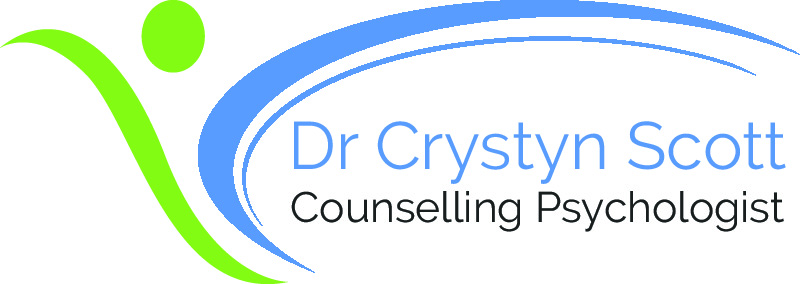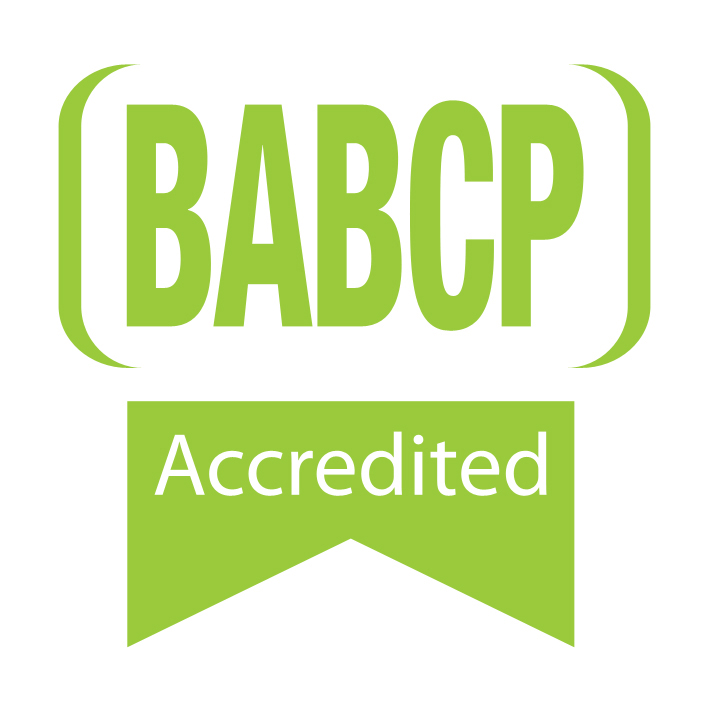Cognitive Behaviour Therapy (CBT)
What is CBT?
Cognitive Behavioural Therapy (CBT) is a talking therapy which focuses on five main areas: triggers, thoughts, emotions, physical sensations and behaviours. We can work on addressing our thoughts and behaviours which can help improve all five areas.
When we are low or upset, we often fall into patterns of thinking and responding which can worsen how we feel. CBT works to help us notice and change problematic thinking styles or behaviour patterns so we can feel better.
CBT is a collaborative therapy - it is not something that is done to someone, it’s a way of working together with a CBT therapist on mutually agreed goals. As part of the therapy, we will agree some at home tasks that will help you practice the learning from therapy sessions in your daily life to experience changes. These exercises include things like writing down your thoughts or activity planning.
What can CBT help with?
CBT works for lots of different people and problems, and is widely recommended by national treatment guidelines across the UK, EU and North America.
The National Institute for Health and Clinical Excellence (NICE) provides independent, evidence-based guidance for the NHS on the most effective, proven treatments. CBT is recommended in NICE guidelines for many different problems, including:
- anxiety disorders (including panic attacks)
- depression
- obsessive compulsive disorder (OCD)
- post-traumatic stress disorder (PTSD)
- eating disorders
What to expect?
CBT sessions last 50 minutes, and on average a client could have between 10-20 sessions of therapy. If someone would like to focus on one or two specific goals, then shorter term CBT for around 6 sessions maybe helpful.
In the sessions we explore goal settings, mood, thoughts, and activities. We will explore thought patterns and behaviours. I will also recommend resources in the form of reading and videos to help you to learn more about the patterns we discuss. This is an essential part of the CBT process called psychoeducation.
At the end of therapy, we will create a relapse prevent plan, which will help you to remember the things you can to do maintain your wellbeing.







